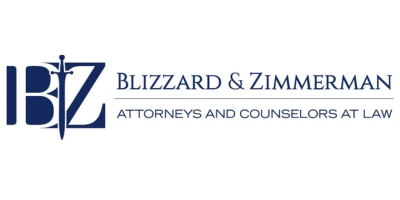
Navigating the complexities of the legal world can be daunting, especially if you’re seeking an attorney for the first time. Whether you’ve encountered a legal hiccup or need expert advice, understanding the rules governing attorney-client communications in Texas can make your search smoother and more effective.
Why This Matters
In Texas, all attorneys are bound by the Texas Disciplinary Rules of Professional Conduct (TDRPC), which set stringent guidelines on how lawyers should interact with prospective clients, particularly through social media and other advertising channels. Knowing these rules can help you understand what to expect when reaching out for legal assistance.
What Are the Texas Disciplinary Rules?
The TDRPC outlines how lawyers should ethically use social media and traditional advertising to communicate with clients.
Here are some key points:
Restrictions on Commercial Speech
Commercial speech laws significantly restrict how a lawyer may respond if you’re contacting them for the first time. This means that lawyers must tread lightly when using promotional tools and communication channels.
Prohibited Forms of Contact
According to TDRPC 7.03, a lawyer is prohibited from initiating contact with a prospective client through any live interactive manner online if the client has not sought the lawyer’s legal advice. Additionally, a lawyer must not contact a prospective client in a fraudulent or deceptive manner.
Response Limitations
If you reach out to a lawyer through one of their advertisement gateways but fail to specify that you’re seeking legal services, the lawyer may not be able to respond directly. For example, if you mention that you already have representation or don’t clarify that you have a pending legal issue, the attorney probably won’t get back to you.
How to Effectively Seek Legal Advice
Understanding these rules can help you make your communication with potential attorneys more effective:
- Be Clear and Direct:
When reaching out, you need to clearly state that you are seeking legal services. This eliminates any ambiguity and allows the legal staff to respond appropriately. - Specify Your Legal Issue:
Provide some details about your legal issue. You don’t need to go into deep detail. Just describe the situation you are in and answer questions that are asked about your situation. This helps the attorney’s staff understand your needs and determine if they can assist you. - Mentioning Existing Representation:
If you already have a lawyer and legal representation, mentioning this in your initial contact. - Use Appropriate Channels:
Use official contact methods listed on the attorney’s website or in their ads online. This ensures your inquiry reaches the right person.
Finding the right attorney can really be a game-changer in resolving your legal issues, but it’s essential to understand the rules and guidelines that govern attorney-client communications in Texas.
By being clear and direct in your initial contact and providing relevant details about your legal needs, you can improve your chances of getting a timely and helpful response.
Ready to seek legal advice? Contact our staff today and ensure you follow these guidelines to get the most out of your consultation.
Next article – How Lawyers Communicate with Clients

